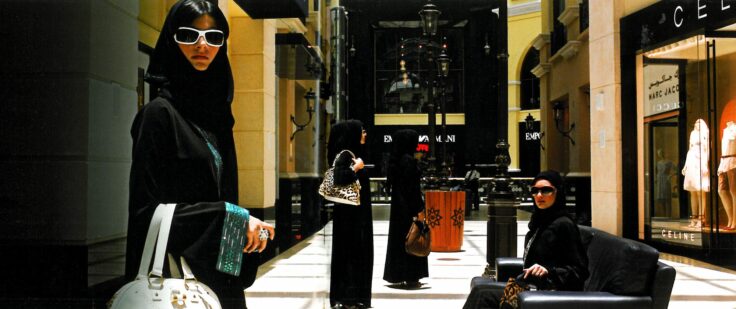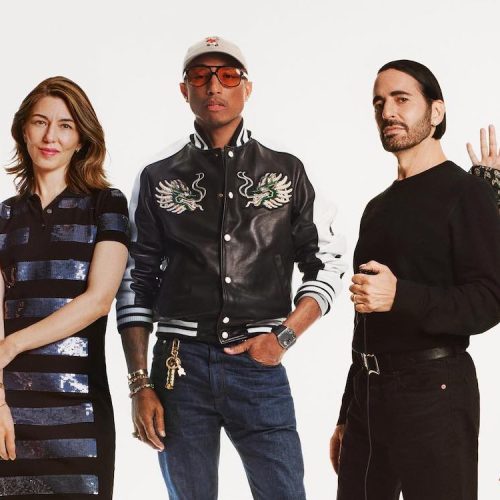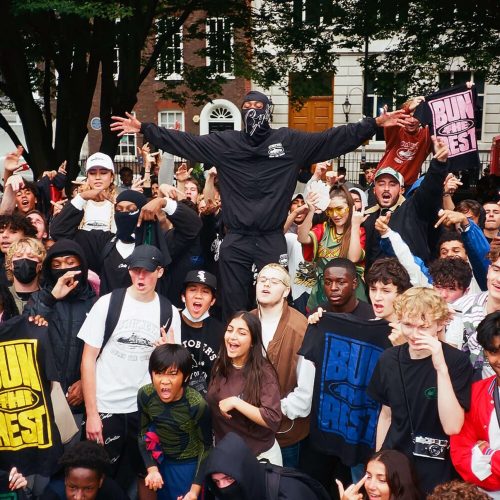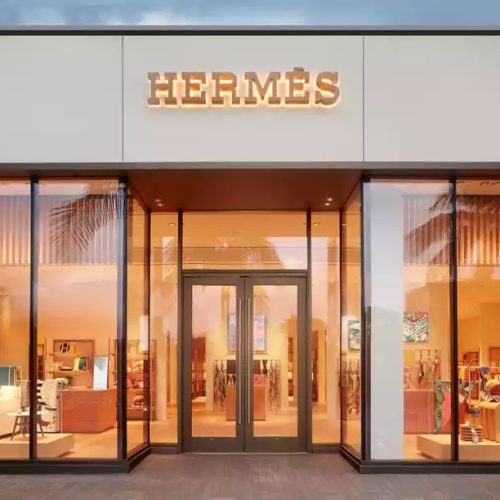As of last week, Donatella Versace offered a personal apology on her Instagram in response to a major marketing mishap. Alongside Givenchy and Coach, Versace released a range of t-shirts, with various cities next to their respective countries. All three brands displayed Hong Kong as an independent country, while Versace listed Macau as a separate nation.
This caused a flurry of backlash, with Chinese actor, singer and Versace ambassador Yang Mi terminating her contract with the prestigious fashion house, as well as Chinese supermodel Liu Wen with Coach.
Accompanied by a sultry headshot, Donatella Versace released the statement “I am deeply sorry for the unfortunate recent error that was made by our Company and that is being currently discussed on various social media channels. Never have I wanted to disrespect China’s National Sovereignty and this is why I wanted to personally apologise for such inaccuracy and for any distress that it might have caused.”
https://www.instagram.com/p/B1BNlAMInBo/
How global brands are capable of making such mistakes, especially at a time when the relationship between Hong Kong and China is under such public debate, is highly concerning. And the word “global” is key here — ‘globalisation syndrome’ is occurring from international brands as they fail to acknowledge the often-disparate cultural markets, which they all aim to cater to.
With marketing teams failing to engage or place brands in our impossible-to-ignore shifting political landscape, brands often take suit through the route of an Instagram apology, or some tepid PR rebranding. Instagram apologies are evidently not coupled with brand redevelopment, shown by how the same mistakes often keep happening. Things need to actually change, and this can start with global brands learning to stop ignoring the tectonic shifts in our political (and geo-environmental) world.
As consumers, it is within our right to demand that brands create for our region, as a similar series of mishaps have been committed by international brands in regards to the Middle East. Take Nike for example. The propagator of the sportswear hijab and sportswear pioneer for diversity made a blunder that sparked outrage from over 6,000 people who found the way that the logo for the Nike Air Max 720 resembled ‘Allah’ in Arabic (something the brand has been accused of before, on a billboard in 1996 and on the Nike Air Max 270). Despite the huge response from Muslims in the region, Nike did not withdraw the shoes. With the region remaining as one of the most valuable consumers for many luxury fashion brands, such mistakes only show a lack of respect for the consumers who enable such brands to sustain themselves.









